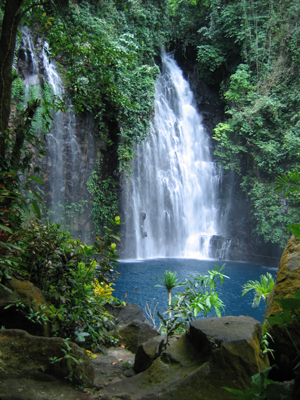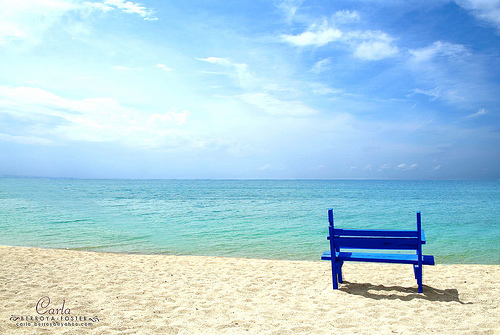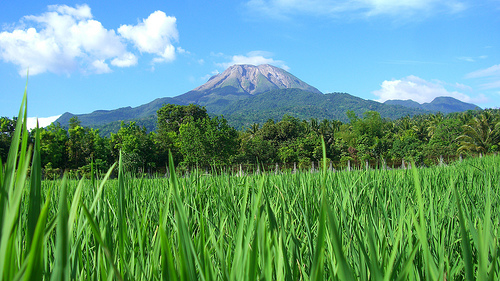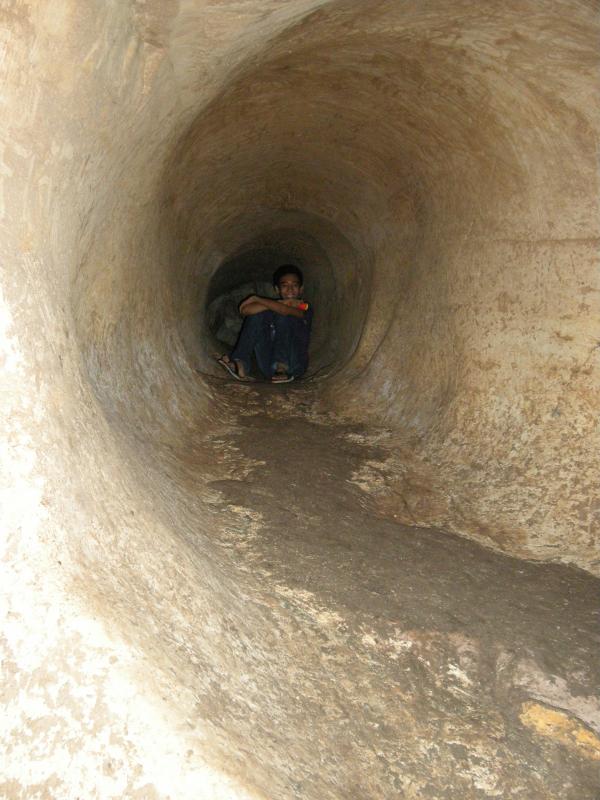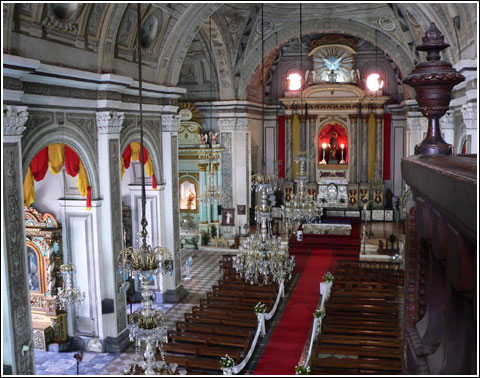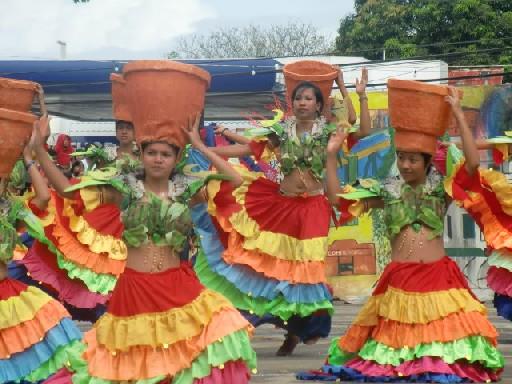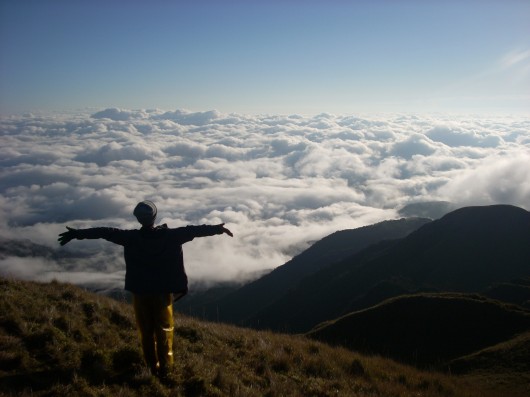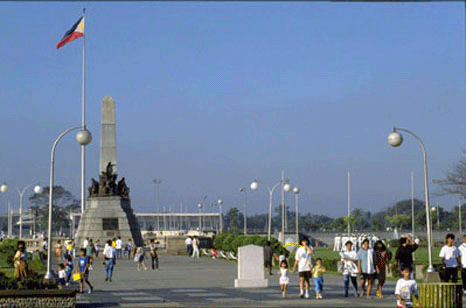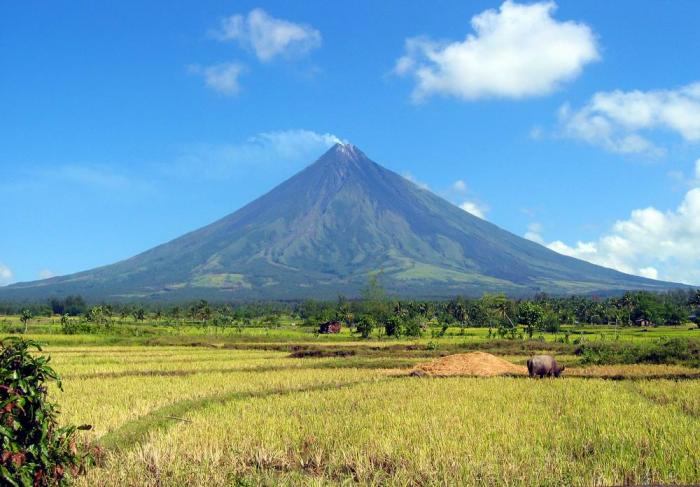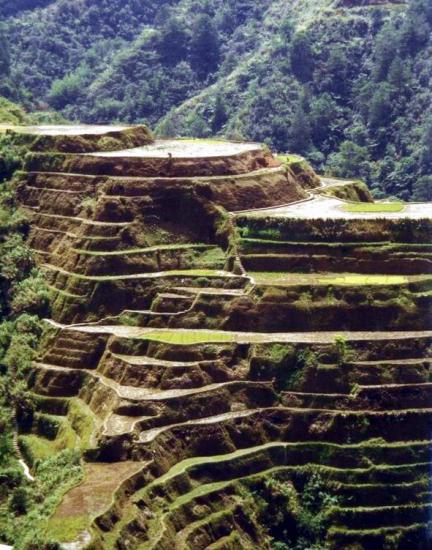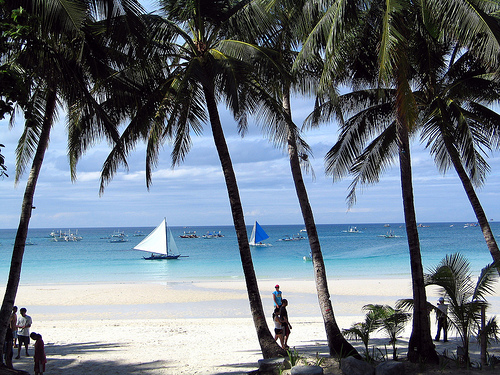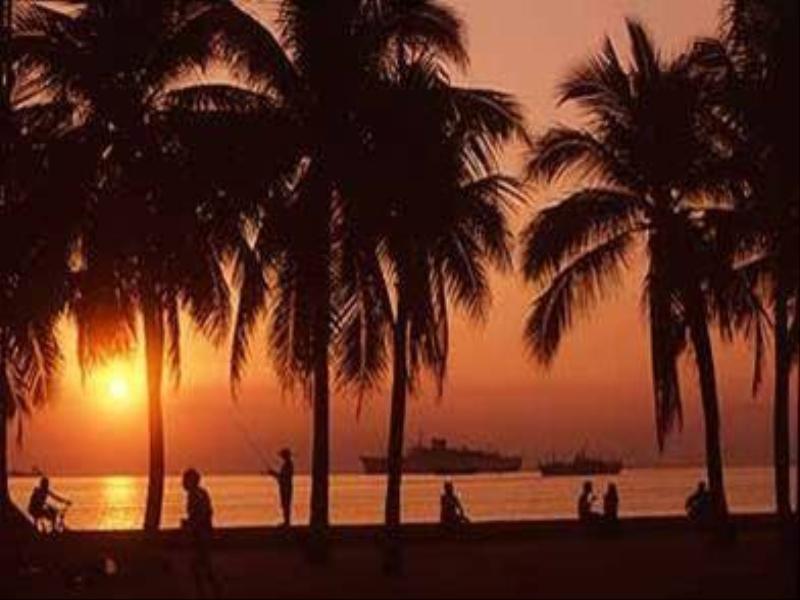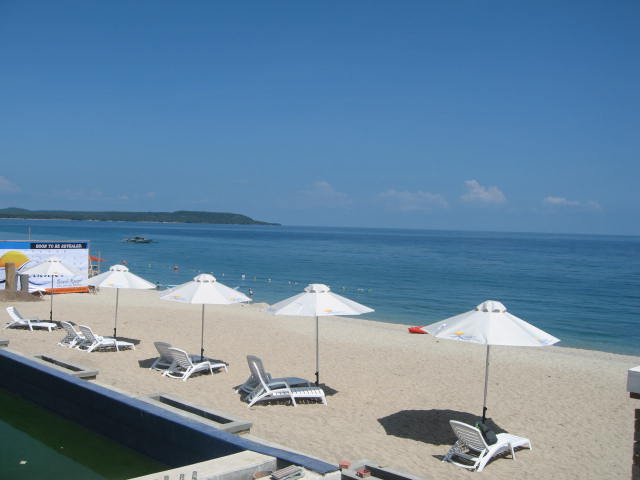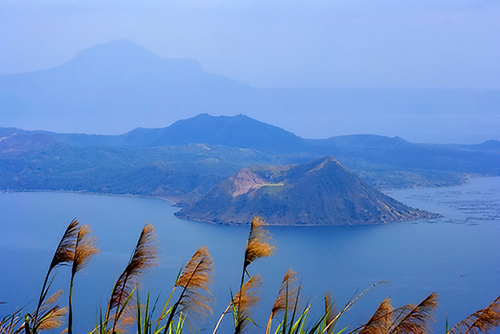MT. PULAG
From UNESCO.ORG:
Mt. Pulag National Park lies on the north and south spine of the Grand Cordillera Central that stretches from Pasaleng, Ilocos Norte to the Cordillera Provinces. It falls within the administrative jurisdiction of two (2) Regions: Cordillera Administrative Region (CAR) and Cagayan Valley (R2).
The whole park is located within the Philippine Cordillera Mountain Range and is very rugged, characterized by steep to very steep slopes at the mountainsides and generally rolling areas at the mountain peak. Mt. Pulag National Park is the highest peak in Luzon and is the second highest mountain in the Philippines with an elevation of 2,922 m. above sea level.
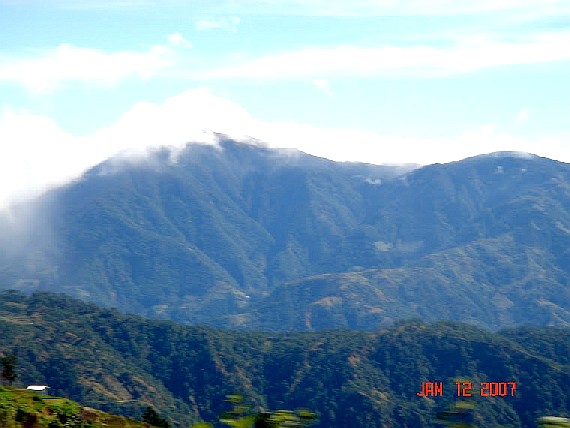 Photo from: donyul.blogspot.com
Photo from: donyul.blogspot.com
The summit of Mt. Pulag is covered with grass and dwarf bamboo plants. At lower elevations, the mountainside has a mossy forest veiled with fog, and full of ferns, lichens and moss. Below this is the pine forest growing on barren, rocky slopes. Falls, rivers and small lakes mark the area.
The Park has a large diversity of flora and fauna, many of which are endemic to the mountain. Its wildlife includes threatened mammals such as the Philippine Brown Deer, Northern Luzon Giant Cloud Rat and the Luzon Pygmy Fruit Bat. One can also find several orchid species some of which are possibly endemic to Mt. Pulag, and other rare flora such as the pitcher plant.
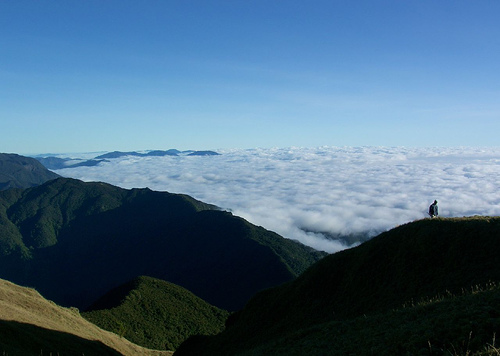 Photo from: julietabiobioan.wordpress.com
Photo from: julietabiobioan.wordpress.com
Mt. Pulag is an important watershed providing the water necessities of many stakeholders for domestic and industrial use, irrigation, hydroelectric power production and aquaculture.
Statements of authenticity and/or integrity
Mt. Pulag was proclaimed National Park by virtue of Pres. Proclamation No. 75 on February 20, 1987 covering an area of 11,550 hectares. It was established to protect and preserve the natural features of the area such as its outstanding vegetation and wildlife. It belongs to the Cordillera Biogeographic Zone located in Northern Luzon. Mt. Pulag is a National Integrated Protected Areas Programme (NIPAP) site.
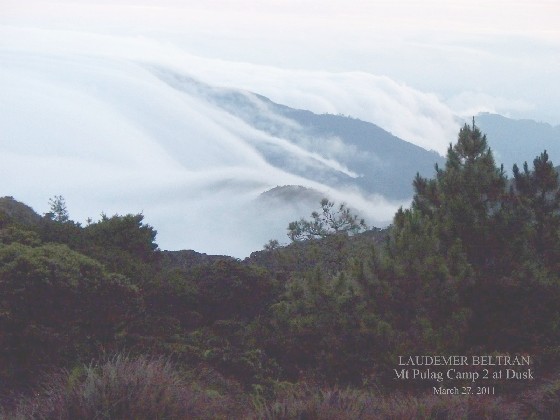 Photo from: laudemerbeltranphotography.blogspot.com
Photo from: laudemerbeltranphotography.blogspot.com
Go To Part 1 – 2
TABLE OF CONTENTS
Cordillera Administrative Region (CAR)
Benguet Province – Salad Bowl of the Philippines
Natural Points of Interest In Benguet
Interesting Sites in Benguet Province
Other Visitors Also Viewed:
Enjoy a Sparkling Swim at the Paradise Island Park and Beach Resort
Aguacan Cold Spring in Compostela Valley
Pandayan Festival – Showing Off Ilonggo’s Blacksmith Expertise
Solili Festival is the Celebration of the Day of Siquijor
Wonderful Beaches and Resorts in Bataan
Tongatoc Cove Offers a Breath-Taking View
Itbog Twin Falls Offer Double Fun and Enjoyment
Paadjao Falls – 15 Feet of Cascading Water for a Refreshing Enjoyment

